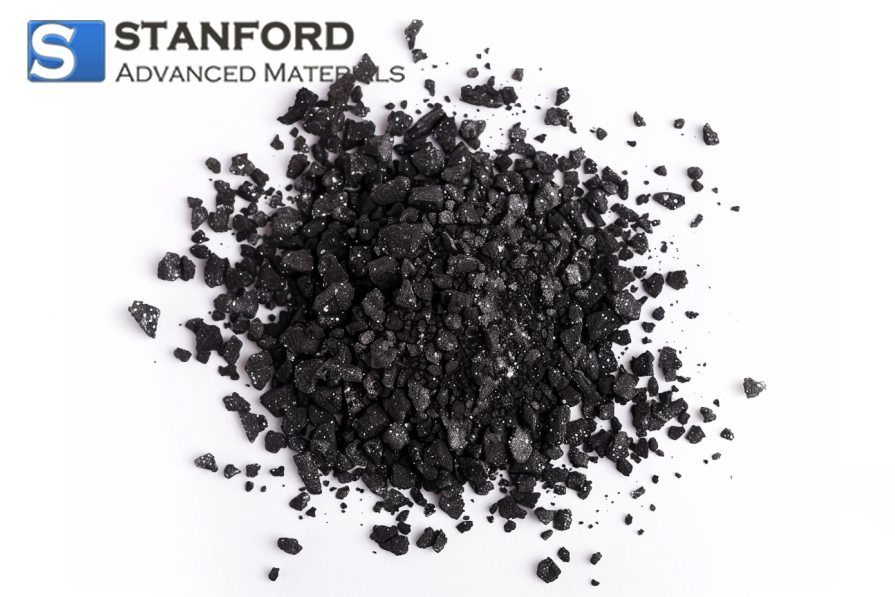- Products
- Categories
- Blog
- Podcast
- Application
- Document
BR5748 Boron Granule
| Catalog No. | BR5748 |
| CAS Number | 7440-42-8 |
| Material | Boron |
| Shape | Granule |
| Density | 2.34 g/cm3 |
| Purity | 99% |
Boron Granule is used in various industrial, agricultural, and scientific applications due to boron's unique properties. Stanford Advanced Materials (SAM) offers Boron Granule renowned for exceptional quality, all at highly competitive prices.
Related products: Boron Rod, Boron Filament, Boron Foil
INQUIRY
Add to Inquiry List
Description
Specification
LATEST RECOMMENDED
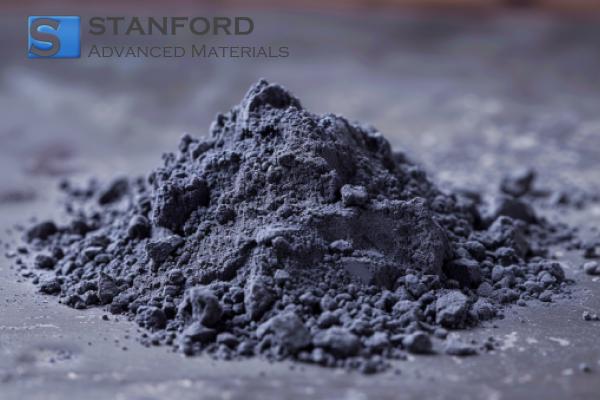
BR0068 Niobium Boride Powder, NbB Powder (CAS No. 12045-19-1)
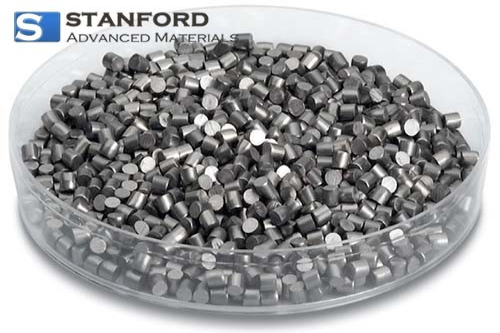
VD0538 Boron (B) Evaporation Materials
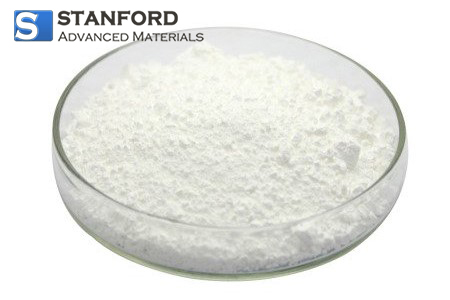
VD0748 Boron Nitride (BN) Evaporation Materials
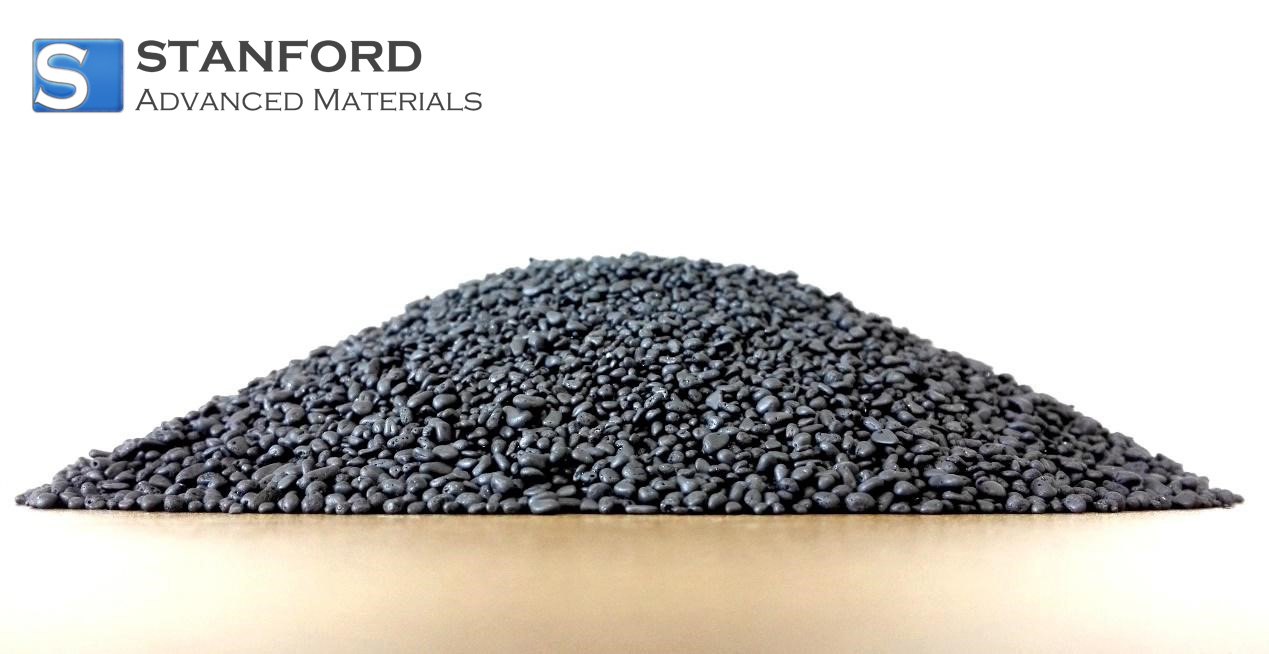
VD0760 Boron Carbide (B4C) Evaporation Materials
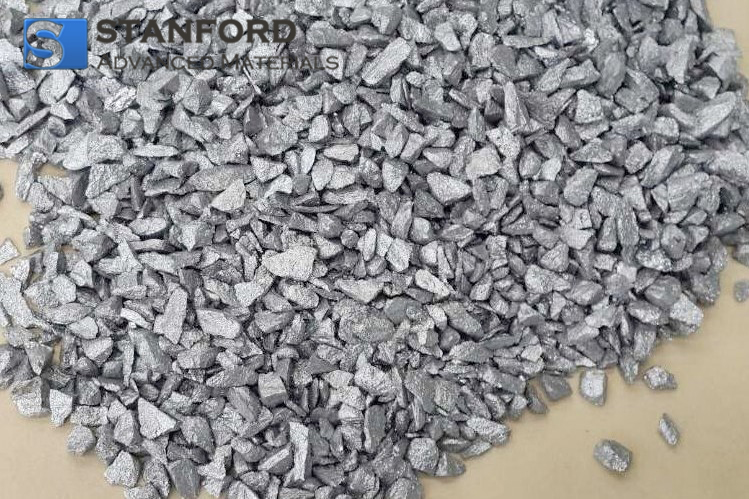
VD0829 Aluminum Boron (AlB2) Evaporation Materials
VD0830 Cerium Boride (CeB6) Evaporation Materials
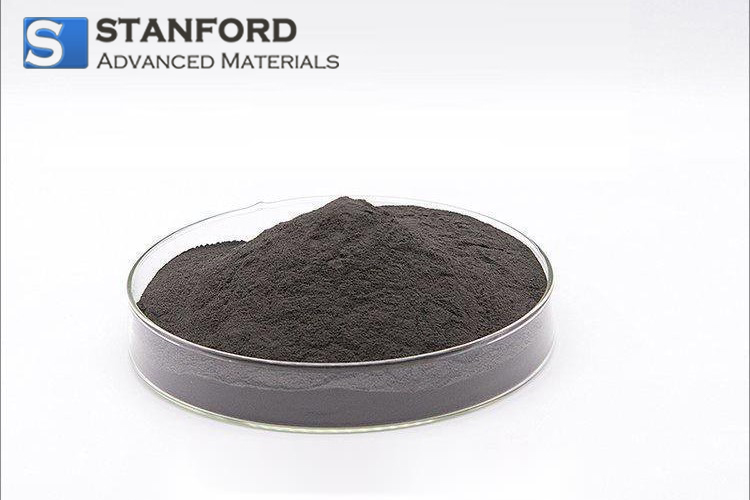
VD0831 Chromium Boride (CrB2) Evaporation Materials


BC2727 (Discontinued) Boron Bromide Powder (CAS: 10294-33-4)
GET A QUOTE
Send us an Inquiry now to find out more Information and the latest prices,thanks!

